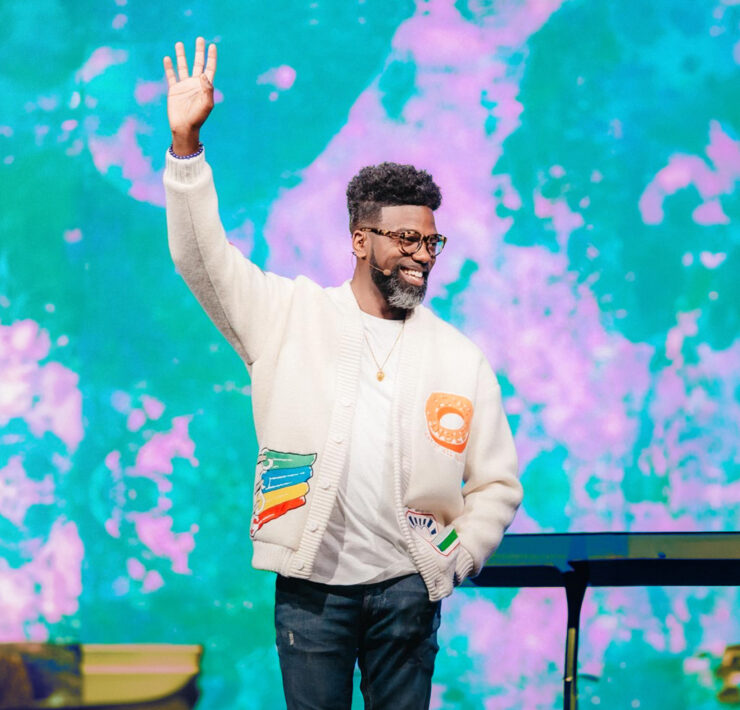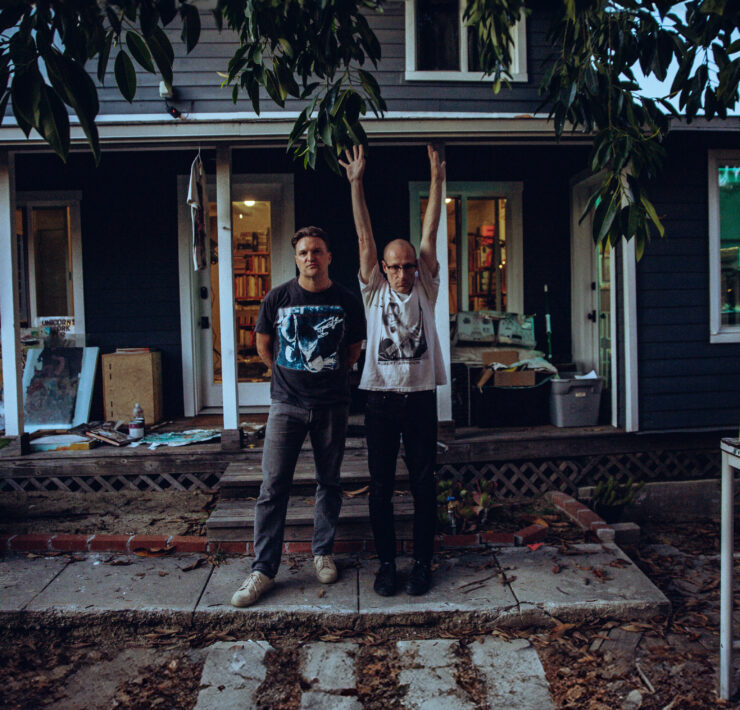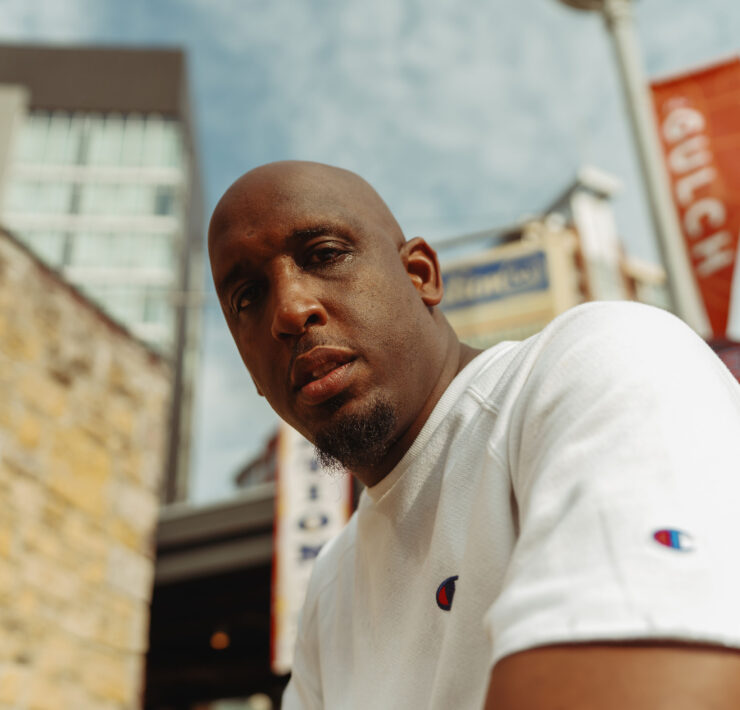
There’s a lie floating around. You’ve probably heard it. It’s that furthering your education is just about getting a better job.
But pursuing higher education—whether it be a bachelor’s degree, master’s or doctorate—is about far more.
Education isn’t just about making you employable—it’s about making you better. But even then it’s not just for you. The educated person makes everyone around them better, too.
Greg Thornbury is president of The King’s College in Manhattan. We recently caught up to discuss this idea of going to (or back to) school for a greater purpose than a job or even personal fulfillment: education for the common good.
###Does the idea of going to college exclusively for “getting a job” or “using your degree” fit with your idea of education?
That’s not a new idea. Previously it was called “vocational school” and it trained people to master certain techniques, whether that was TV-VCR repair, plumbing or those kinds of things. But this isn’t just a problem about education, it extends to how marriage is viewed, it extends to how government is viewed, it’s extended to how we see the law and crime and punishment.
Everything in society is now viewed through that very instrumentalized lens and unlike a lot of other people who hold the kind of job that I do, it’s totally understandable that that would be the orientation, because higher education has done a spectacularly poor job of delivering on its promises: It has racked up over $1.4 trillion in student loan debt, putting an immense burden upon the next generation, not only financially, but dampening their ability to innovate and create.
Many students are forced by the cosmic sandwich of parents and advisors to choose a major before you have any idea what you have an ability to do and you pursue that goal and you limit your options of what you can do down to a very narrow range of things and then you graduate and even if you realize that you now hate this thing that you’ve chosen, you’re locked in. I actually wouldn’t be the president of anything but King’s right now because I actually am very sympathetic with the reasons, not the philosophy or the worldview behind, but the reasons why it’s gotten to this point.
###If college and grad school isn’t just to help you get a job, what is it for?
You have to understand that if you go down that instrumentalized route that so many people are tempted by and want to do, you actually become what one professor recently called “excellent
sheep”— students just become a cog in the wheel of the means of production. You can be brilliant, you can be effective, but you actually won’t change anything. …
What the new economy is going to need is people who are highly creative innovating new community problem-solving initiatives.
###Can you speak to the broader social benefit of someone going back and finishing a degree or pursuing grad work?
I think the average person, and I don’t mean to use that derogatorily, is not going to devote themselves to sitting down and reading the curriculum that has kept western civilization relatively stable for hundreds of years. But I think wisdom is the thing that’s in shortest supply, not information or techniques. And that’s where most modern, kind of delivery-method type education gets it wrong.
###A lot of people seem convinced that more job-specific education will help the economy. but you seem to be saying that actually limiting.
We have to remember what the “liberal arts” are. They are those disciplines, they are those bodies of knowledge that keep a society free. They are liberal in the sense that they liberate.
And when you have a republic that is not aware of the things that liberate a society from tyranny—economic ideas, political ideas, religious ideas, mythological ideas—you can actually sever the republic from what keeps it free.
The danger that you run is when people don’t pick up those things and read with comprehension, you have people who are very susceptible to demagoguery and I think that’s what you see right now: If someone doesn’t agree with you, you demonize them and your basic attitude is “You should be in jail.”
###What would you tell someone who is, say 27 years old, about why it’s valuable to pursue their education?
For one thing, depending upon what their background is, they just need it. I mean we do not have as educated a K-12 system as we once did. Those are facts.
If they graduate from high school today, that’s like barely out of grade school education compared to previous generations. That’s a broad brush, but I think in general that’s right.
From the biblical point of view, I would simply say this: When we read the Bible and if we care at all about our witness to the world, if we care at all about reaching the world “for Christ” we have to ask ourselves who did that in the past.
St. Paul read the philosophers, he read the poets of his day. So if we don’t do it, if we don’t send our kids to schools we believe in, we deserve everything we’ve got coming to us if we don’t like the way the world’s going.
###Would you apply the idea of getting back into education the same way to a 30-year-old who never got around to college or never finished?
Absolutely. I think the 30-year-old ought to study the same stuff if they didn’t get it before. It’s a scandal if you’ve never read Plato’s Republic cover-to-cover. It’s a scandal if you don’t know the basic forms of argumentation and logic. It’s a scandal if you don’t know the basic narrative and literary shape of the Bible.





















